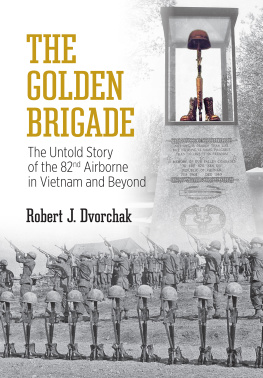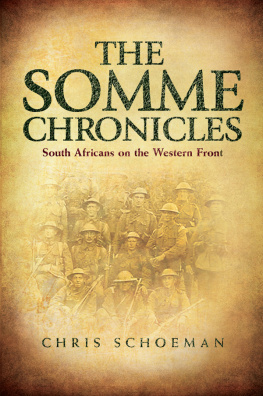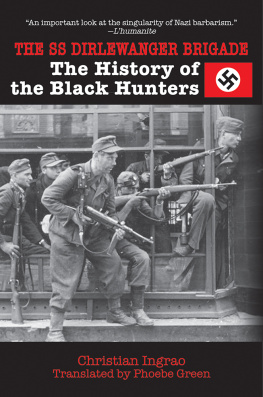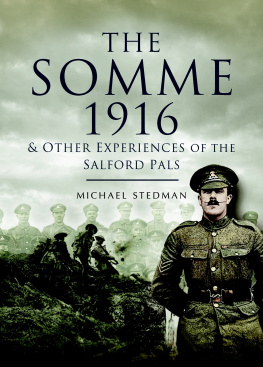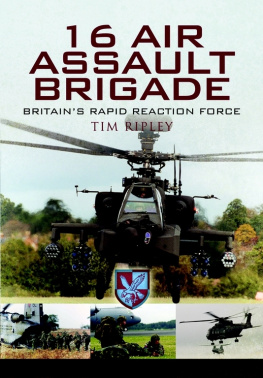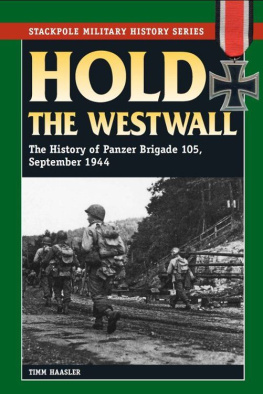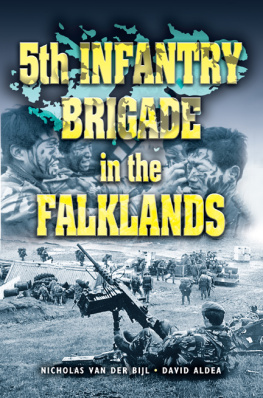The Devils Brigade
The
Devils
Brigade
by Robert H. Adleman
and Colonel
George Walton
NAVAL INSTITUTE PRESS
ANNAPOLIS, MARYLAND
The latest edition of this work has been brought to publication with the generous assistance of Marguerite and Gerry Lenfest.
Naval Institute Press
291 Wood Road
Annapolis, MD 21402
1966 by Robert H. Adleman and Colonel George Walton
All rights reserved. No part of this book may be reproduced or utilized in any form or by any means, electronic or mechanical, including photocopying and recording, or by any information storage and retrieval system, without permission in writing from the publisher.
First Naval Institute Press paperback edition published 2004
ISBN 978-1-61251-287-7 (eBook)
The Library of Congress has cataloged the paperback edition as follows:
Adleman, Robert H., 1919
The Devils Brigade / by Robert H. Adleman and George Walton.1st Naval Institute Press pbk. Ed.
p. cm.
Originally published: Philadelphia : Chilton, 1966.
1. First Special Service Force. 2. World War, 19391945Regimental historiesUnited States. 3. World War, 1939-1945Regimental historiesCanada. 4. World War, 19391945Campaigns, Italy. I. Walton, George H. II. Title.
D769.295.S6A7 2004
940.541273dc22
2003044271

 Print editions meet the requirements of ANSI/NISO z39.48-1992 (Permanence of Paper).
Print editions meet the requirements of ANSI/NISO z39.48-1992 (Permanence of Paper).
9 8 7 6 5 4 3 2
Reasonable efforts were made to contact the heirs of Col. George Walton.
Any heirs are encouraged to contact the Naval Institute Press.
For our two redheads
This dialogue occurred during a conference between Mr. Davis, a representative of the Operations Division, War Department General Staff, Mr. Geoffrey Pyke, and a British officer, Brigadier Duncan, on May 26, 1942, at the Munitions Building, Washington, D.C.
DAVIS: | I think these are sacrifice troops. We cant keep them supplied. How will you get them out? They obviously have to get out before the snow comes. I never for one moment carried the thought in my mind that we would succor these troops that are dropped down there. |
DUNCAN: | Give them food for one month and gas for two hundred fifty miles and when the snow goes, bring them off by sea. |
DAVIS: | I dont think there will be such a thing. Id put them down as lost troops and willing to pay for itif they accomplish this. |
DUNCAN: | Its a desperate adventure, all right. |
This is a book about a handful of men at war, the idea that banded them together in combat, and their accomplishments. And, although a large part of it describes the progress of the First Special Service Force during the World War II campaign for Italy, it is not a detailed history of that campaign. It is, instead, an account of what it was like to conceive the Force, to organize, to lead and to fight for it on a daily basis.
This is not to say that the exploits of the First Special Service Forceor, as the Germans dubbed them, The Devils Brigadeare not worthy of careful, foot-by-foot documentation. Their accomplishments were fantastic considering their numbers were so few. But that documentation has already been written. Lieutenant Colonel Robert D. Burhans, the man who served as the organizations chief Intelligence officer throughout its brief life, produced a definitive military chronicle entitled The First Special Service Force: A War History of the North Americans, 19421944. The authors of this book are deeply in his debt because his text has been their indispensable guide.
We were fortunate enough to accumulate an abundance of first-hand recollections and source material. Thousands of questionnaires were mailed out and answered by surviving Forcemen or their families. For two years Colonel and Mrs. Walton traveled throughout North America interviewing Forcemen and other individuals whose lives had touched or centered upon Force activities. Countless trips were made to archives which contained information pertinent to this story.
An early determination was made to ignore completely the protective catch phrase,... any resemblance to persons living or dead, etc. Every word here is factual. Every name is that of a living or dead person. Every incident happened in the form in which it is presented.
Our final decision on concept was shaped by one of the letters received in response to the questionnaires. Written by Lieutenant Colonel Robert M. Stuart, it read, in part:
Im glad someone is doing a book about the Force. Ive always thought there was a lot to be told. What will be hard will be to get the flavor of the Force so that it will come throughfor it had its own spice and taste and aroma. Ive been in a lot of outfits sinceRangers during the Korean affair, airborne outfits in the States, and on a lot of oddball assignments as a covert intelligence man in Europe and have been mixed up in the Vietnam affair. None of these outfits have had the flair or the spirit or the capability, man for man, of the Force.
We had our screwballsmaybe more than our share. They were at every level in the Force. Screwballs they may have been, but they were damn good screwballs and fighting screwballs. Frederick had the spark to catch our imaginations and to turn that screwball oddity into what I think was probably as good a fighting outfit, man for man, as any ever produced in the U. S. Army or any other.
I was proud to be a part of the Thugs. We had our share of the selfish and self-seeking, toobut this share was small. And I think we had our share of the cowardly, toobut we had our own ways of taking care of these, ways that the people above the company level usually didnt know or ever find out about, as far as I know. And I might add that I knew of no selfish self-seekers among the enlisted men, either U. S. or Canadianand this isnt anti-officer bias talking, for I was an officer and have been commissioned ever since. The enlisted men were superb, every damn one of them!
Here, then, is the story of the First Special Service Force, a military unit also known as The Thugs, Freddys Freighters, The Braves, and, most durably, The Devils Brigade. It is told, as nearly as possible, if not in the actual words, at least in the spirit of the men who were there.
It should be repeated again that there is not one undocumented sentence in this book. If it reads as if it were wildly implausible, so was the Devils Brigade.
The Authors
Philadelphia, Pa. 1966
Acknowledgments
There are many who helped in the preparation of this book. Chief among these are the hundreds of ex-Forcemen who filled out our questionnaires and submitted to our interviews. The listing of their names elsewhere in this volume is our only way of thanking them for their patience and co-operation.
Next page

